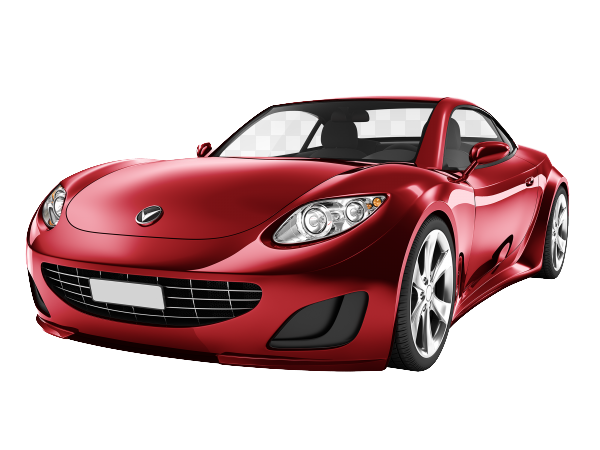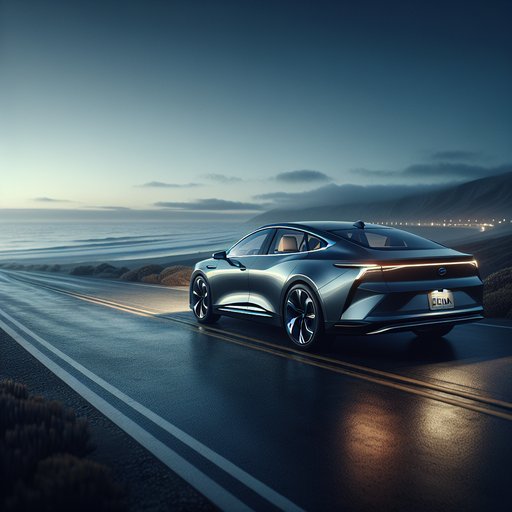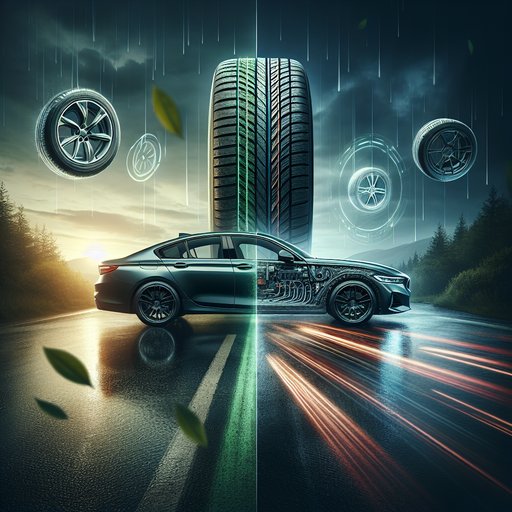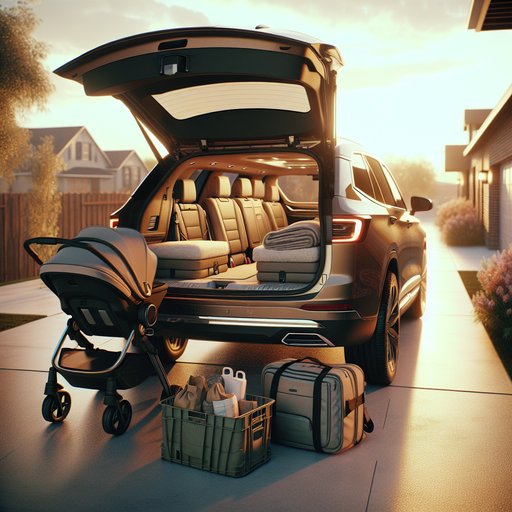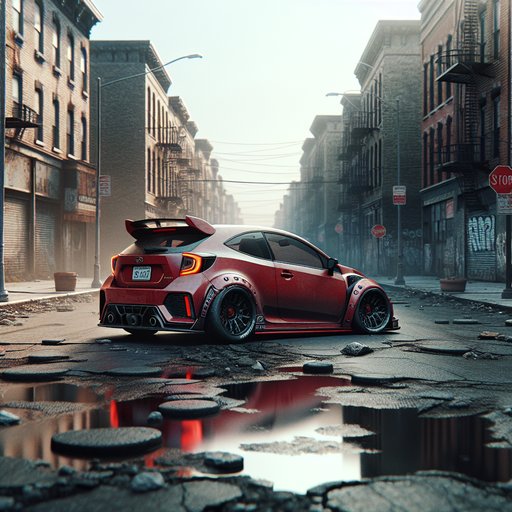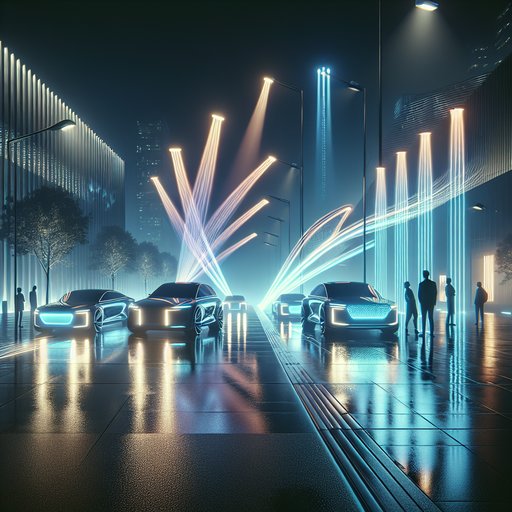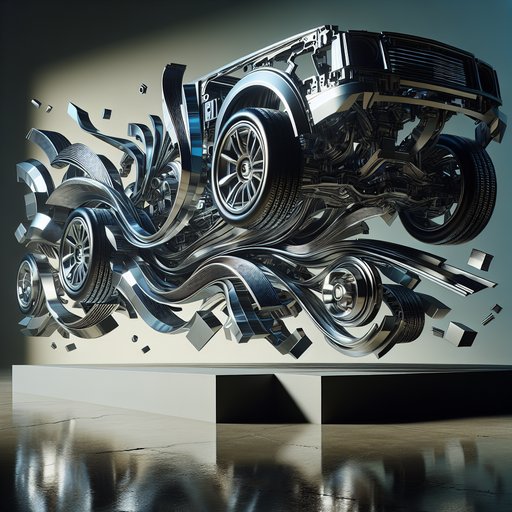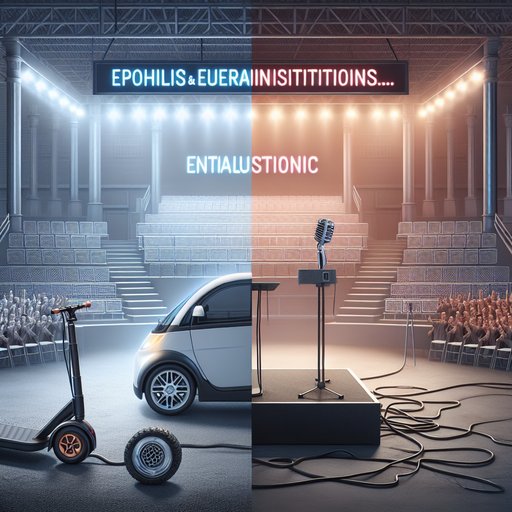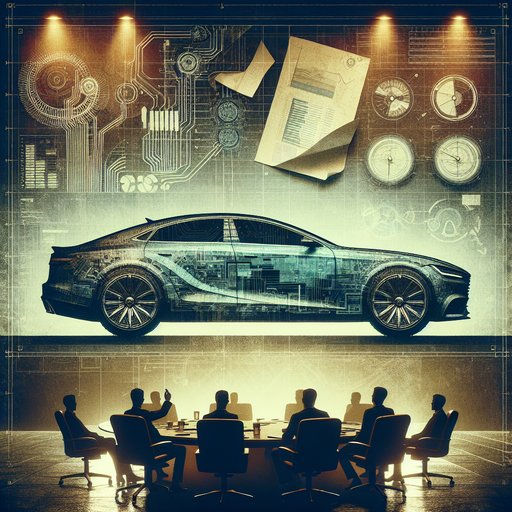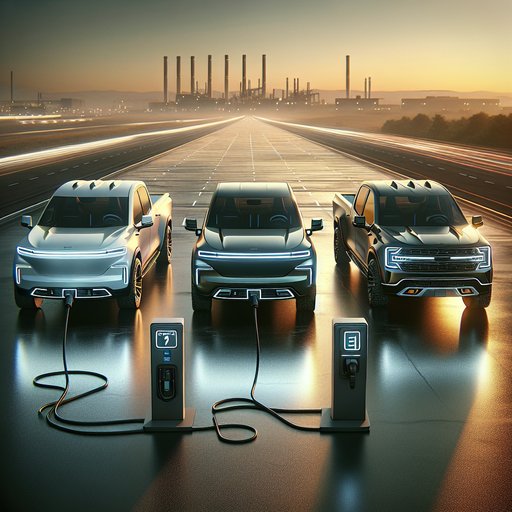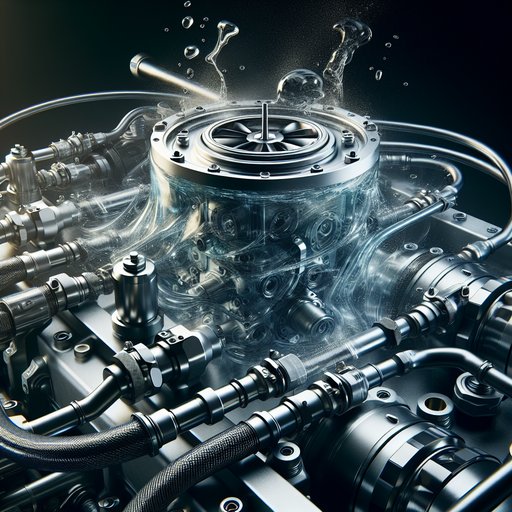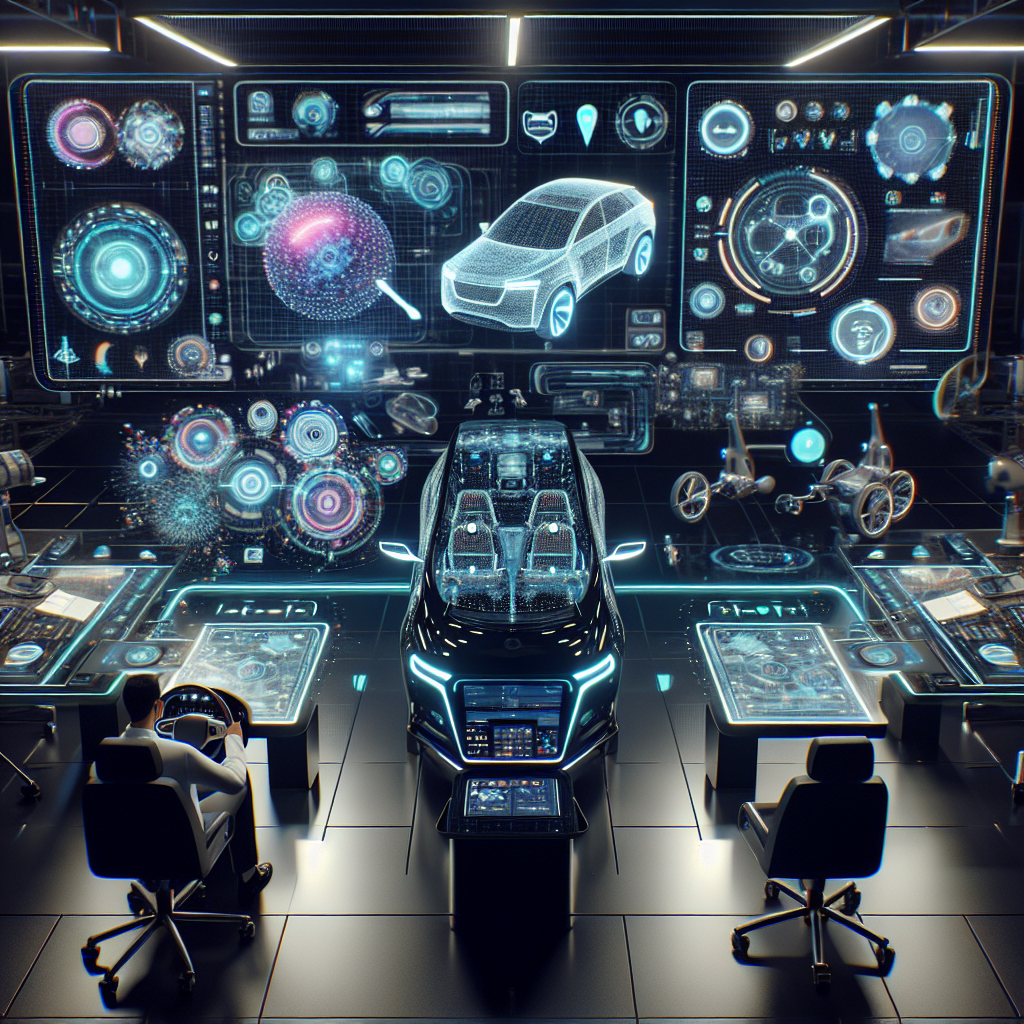
The automotive industry is witnessing a dramatic shift in how drivers interact with their vehicles, as demonstrated by recent announcements from major manufacturers. Mercedes-Benz and Skoda are leading the charge with revolutionary in-cabin technologies that promise to transform the driving experience. These developments signal a broader industry trend toward more sophisticated and immersive vehicle interfaces.
Mercedes-Benz is setting new standards in automotive interfaces with its upcoming GLC EV, featuring what will be the largest touchscreen ever installed in a Mercedes vehicle [1]. The electric SUV, positioned to rival the BMW iX3, will combine this expansive dashboard-sized infotainment system with an impressive 435-mile range [2].
Skoda's Vision O concept provides a glimpse into the future of car interiors, showcasing a sustainable cabin design paired with autonomous driving capabilities. The concept, which previews the next-generation Octavia, demonstrates how traditional car manufacturers are embracing cutting-edge technology while maintaining their brand identity [3].
The evolution of connected car technology has come a long way since OnStar's introduction in 1996. Today's vehicles are increasingly sophisticated data centers on wheels, capable of monitoring driver behavior and providing advanced connectivity features [4]. This progression highlights both the benefits and privacy considerations of modern automotive technology.
Looking ahead, Audi is preparing for a major leap in vehicle software integration through its partnership with Rivian. The German manufacturer plans to launch its first vehicles featuring Rivian's complete software stack in 2028, representing a significant step forward in automotive operating systems and user interfaces [5].
- New Mercedes-Benz GLC EV: first look at bold new interior
- 2026 Mercedes-Benz GLC EQ is iX3 rival with 435-mile range
- O my word: new Skoda Vision O previews future Octavia
- For OnStar and Other Connected-Car Tech, the Age of Innocence Is Over
- Audi to launch first cars with full Rivian software stack in 2028
